In a dramatic revelation that upends circulating rumours, Embu Woman Representative Njoki Njeru has categorically dismissed claims that a presidential escort vehicle was involved in last weekend’s Kapigazi crash. The incident, which rocked the Embu–Meru Highway at the precarious Gakwegori–Kapingazi River section, has triggered a firestorm of speculation and fake intelligence online .
Speaking with urgent clarity shortly after the accident, Njeru clarified that the vehicle involved was neither a presidential nor State House escort vehicle—but belonged to her along with the former Embu Deputy Governor and current NSSF Chair, Kariuki. “No presidential escort vehicle was involved. People are speculating and giving false information and I want to clarify that it was not the president’s car. Ignore the false claims circulating online,” she stressed.
Njeru, who escaped the terrifying rollover unscathed, said she personally notified President William Ruto of the crash from the site. She also extended her deepest condolences to the families still grappling with loss—reportedly including a boda boda rider and pillion passenger who were struck before the car plunged into the river.
Local witnesses described a chaotic scene at the Gakwegori–Kapingazi River bend, a notorious accident hotspot. The overturned car has since sparked widespread concern over road safety and the spread of online misinformation.
President Ruto, present in Embu for a church service at Kigari Teachers College as part of the 35th Diocesan Anniversary celebrations, was reportedly informed by Njeru shortly after the crash.
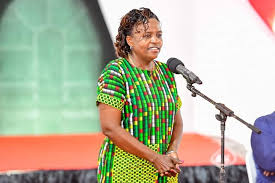
The broader statement from the Embu Woman Representative cuts directly through conspiracy theories suggesting State House involvement. Analysts now warn that social media rumour-mongers may have exploited this tragedy to sow confusion amid high-profile presidential visits.
As questions mount over emergency response times, road signage, and infrastructure failures along the Embu–Meru corridor, residents and motorists are calling for immediate government intervention to prevent further tragedies.
What remains clear: in this fast-moving saga, political insinuation and online hysteria collided with reality. Njoki Njeru’s disclosure does more than correct the record—it refocuses scrutiny on infrastructure safety across the region and the dangerous consequences of rapid rumor propagation.

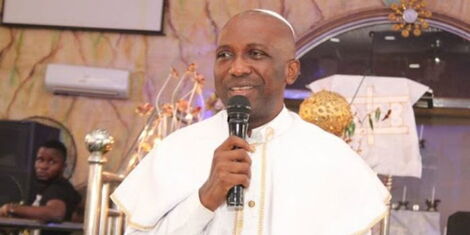
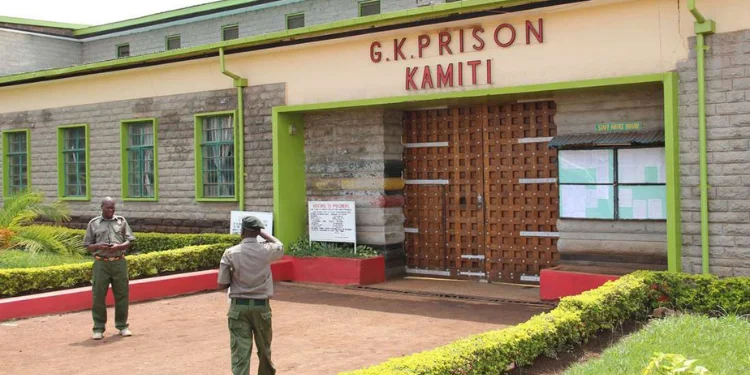



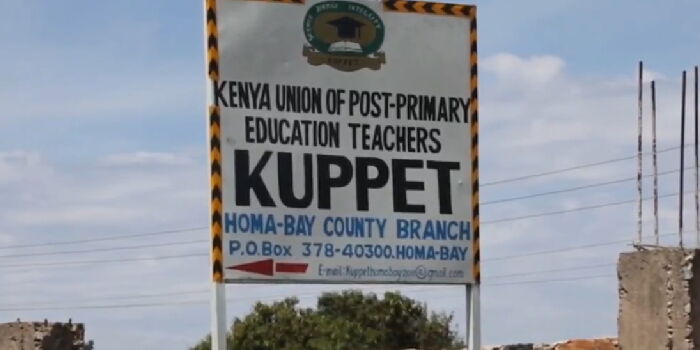

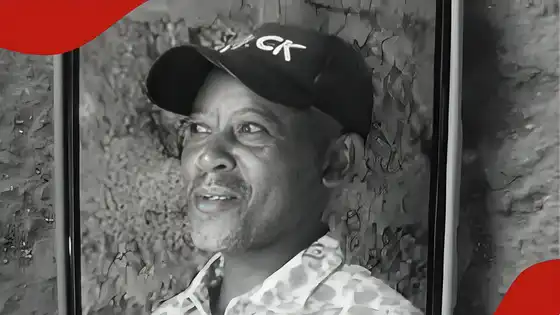
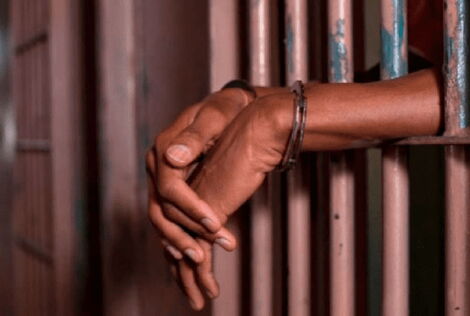
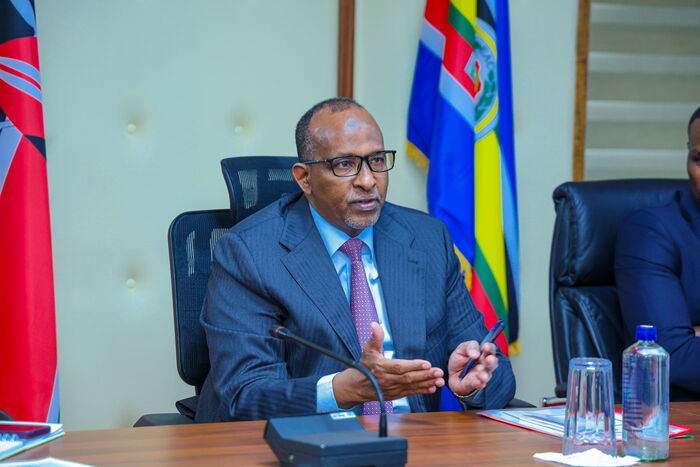

Leave a Reply